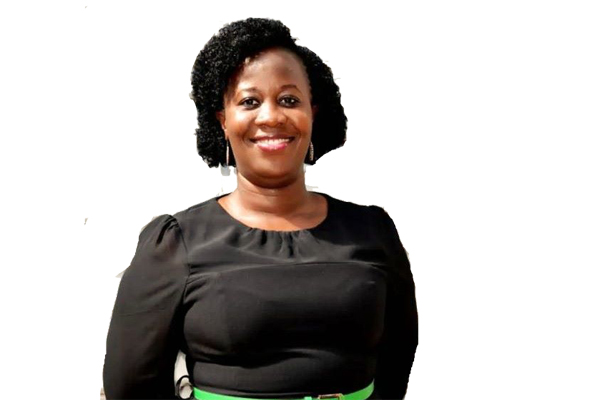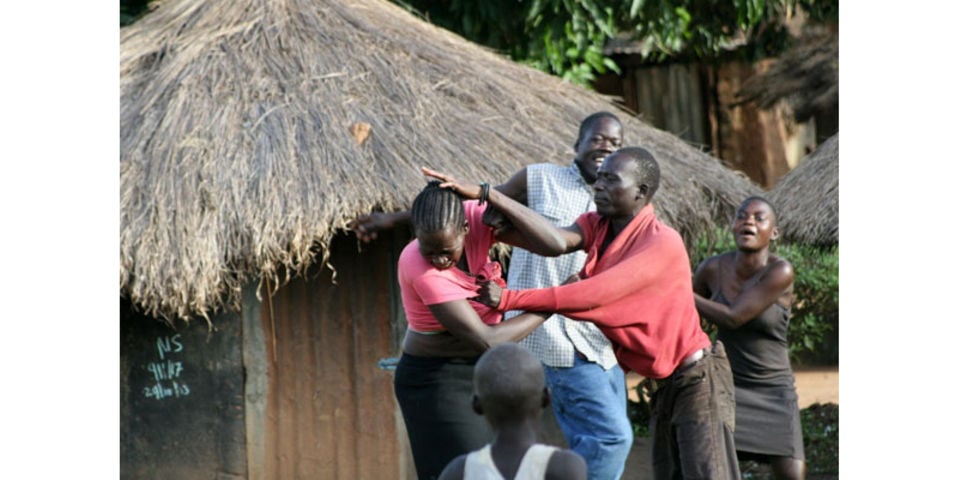Key concerns that require urgent redress inorder to end GBV

Ms Elizabeth Ampaire
What you need to know:
"We urge government and all stakeholders to note that availability of adequate and timely funding is mong the most critical enablers to address gender based violence and other vices that still exist in our society."
Uganda joins the rest of the global community to observe the 16 Days of Activism Against Gender-Based Violence under the theme “Unite! Activism to end violence against women and girls”.
This international campaign focuses on the call for the elimination of all forms of gender-based violence, and culminates into celebration of the International Human Rights Day on December 10.
I wish to commend the government for its efforts in establishment of a gender sensitive legal and policy framework, and in particular for putting in place specific laws against gender-based violence.
Amidst this context however, gender-based violence continues to thrive. According to the Police Crime Report for 2021, a total of 17,533 domestic violence cases; 1,486 cases of rape; 14,570 cases of defilement, and 16,373 sex-related crimes were registered last year. We need to bear in mind that many cases remain unreported.
While these numbers on their own are worrying, more terrifying is the prosecution rates remain low, which is a direct indicator of the low access to justice for survivors of GBV. For instance, in 2021, only 1,640 (9.3 percent) of domestic violence cases were taken to court and only 464 (2.6 percent) cases secured convictions. Only 667 rape suspects (44.8 percent) of the total cases were charged in court with a mere 25 (1.7 percent) convictions secured. Similarly, only 42 percent of the registered defilement cases ended up in court, with only 939 cases securing convictions.
Key concerns that require urgent redress if the goal to eliminate GBV by 2030 is to be achieved incudes addressing the meagre and uncoordinated funding for the community mobilisation and mindset change function. Reduction of negative cultural practices and attitudes is one of the key mandates of the community mobilisation and mindset change programme, which unfortunately has many challenges.
Community based services departments reported a 49.5 percent staffing gap and in FY 2021/22, government allocated a meagre Shs7.64 billion for community mobilisation and campaign programmes shared across more than 176 local governments. This leaves a funding gap of Shs24.75 billion. We urge the government to address these gaps.
Based on earlier presented statistics, there is need for more funding to key institutions such as the child and family protection unit of police and the office of the Director of Public Prosecutions, which are critical in bringing perpetrators to book are severely under-funded. In some cases, police officers lack enablers like vehicles and fuel to respond to reported incidents.
On the side of prosecution, the Director of Public Prosecutions has always had funding gaps. For instance in FY2021/22 it had a shortfall of up to Shs11.19b for prosecution of Serious and complex cases. This situation is yet to improve.
Gender based violence is a danger to our society and has already led to loss of life and property. It is also costly to our country. A study conducted by UNFPA estimates that GBV incidents costs our country about Shs77 billion annually, while a more recent study by FOWODE, established that GBV has a colossal cost on families.
As we commemorate these 16 days of activism against gender based violence, we urge government and all stakeholders such as parliamentarians to note that availability of adequate and timely funding is among the most critical enablers to address gender based violence and other vices that still exist in our society.
“I am not free while any woman is unfree even when her shackles are very different from my own” Audre Lorde.
The author, Ms Elizabeth Ampaire is the director of programmes at the Forum for Women in Democracy-FOWODE. [email protected]




